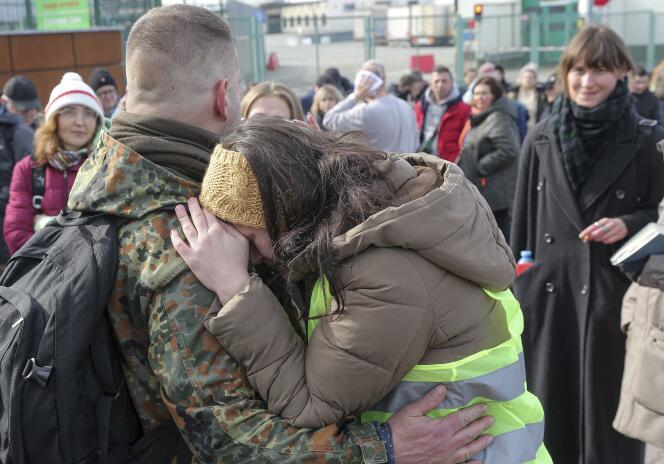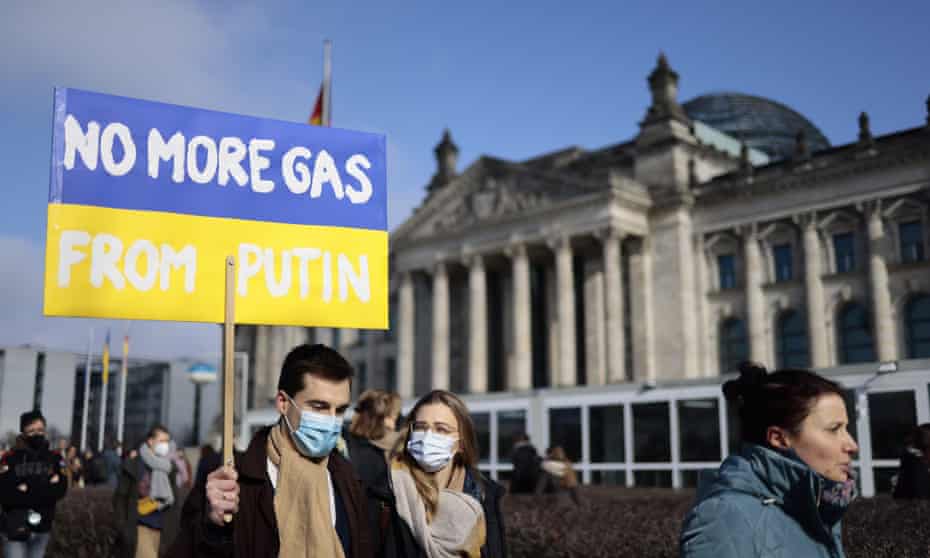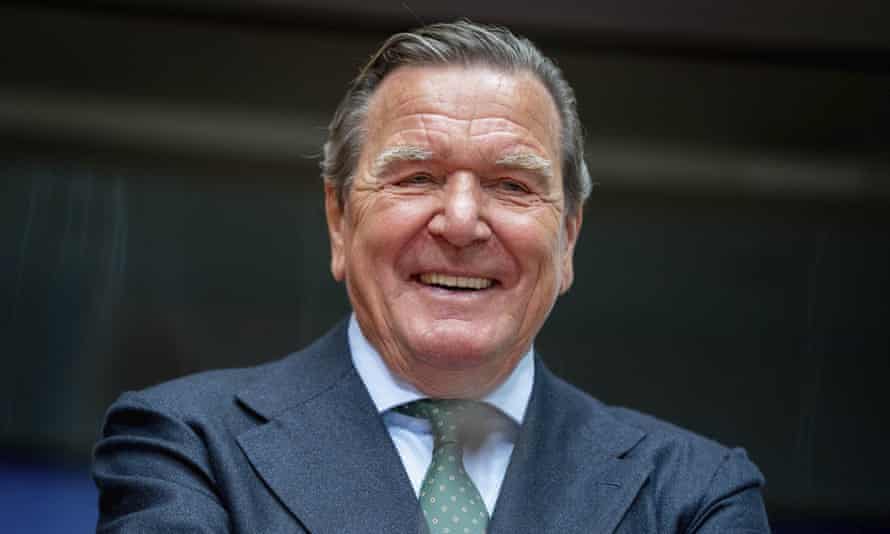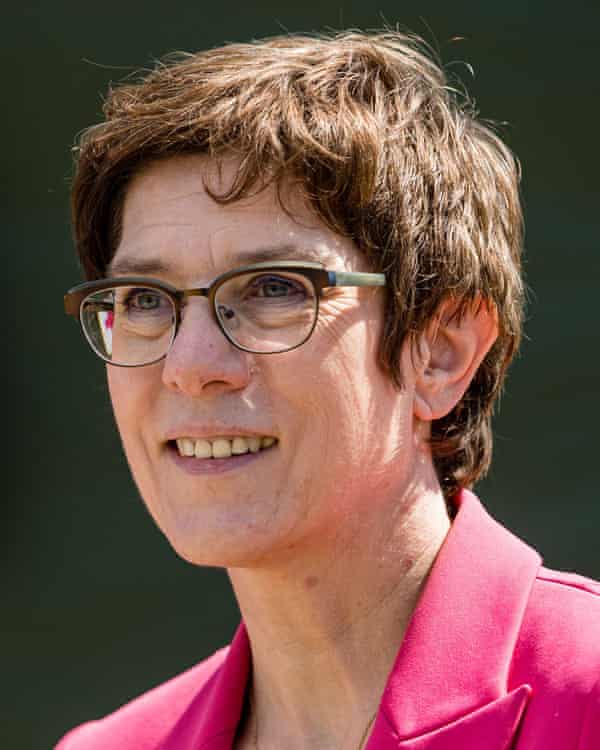Guerre en Ukraine : depuis la Pologne, ils sont des centaines à retourner au pays pour défendre leur « terre »
Au sein de la communauté ukrainienne polonaise, qui compte près de 1,3 million de personnes, de nombreux hommes ont décidé de partir combattre l’offensive russe.
Article réservé aux abonnés
La gare routière de Varsovie-Ouest, en ce lundi 28 février froid et ensoleillé, fourmille plus que d’habitude. Les langues ukrainiennes et russes dominent le brouhaha ambiant. Un bus du réseau de transport municipal a été converti en point d’informations et d’aides de premières nécessités pour les réfugiés arrivant de toute part.
Entre les passants, on distingue des hommes, attendant souvent seuls à côté de leurs bagages, cigarette aux lèvres, le regard fuyant dans le vide. Ce sont pour la plupart des volontaires ukrainiens, prêts à prendre le chemin inverse pour défendre leur pays. Depuis la gare ferroviaire voisine, ils arrivent de toute la Pologne.
Trois minibus arborant le drapeau ukrainien attendent à l’entrée du parking. « Pour nous ce sera un aller simple », lance Sacha Hryc, mimant un tir de fusil. Ce chauffeur s’apprête à conduire huit volontaires dans la région de Dnipro, dans le centre du pays, à vingt heures de route. « Les Moscovites n’ont qu’à bien se tenir ! L’esprit de résistance est fort. Poutine nous a sous-estimés, il s’embarque dans une sacrée galère. »
Depuis le début de la guerre, c’est une quinzaine de minibus quotidiens qui prennent ainsi la route de l’Ukraine. Un important réseau de covoiturage s’est également mis en place, amenant gratuitement des combattants jusqu’à la frontière, et revenant à Varsovie avec des femmes et des enfants réfugiés. La veille, près de deux cents personnes auraient ainsi pris la route vers l’Est.
« La vérité est de notre côté »
Ivan Panasiuk, 36 ans, s’apprête à embarquer. « On ne peut pas rester là à rien faire. A présent plus rien ne compte, à part défendre notre terre. » Il vient de la région de Volhynie, dans l’ouest du pays, où il a laissé sa femme et sa fille. Il travaille depuis sept ans en Pologne dans le secteur du bâtiment. « J’ai fait l’armée et j’ai toutes les formations militaires. Je veux m’engager dans l’armée régulière. Je passe voir ma famille et je me dirigerais vers le front. » Emu et la gorge serrée, il dit qu’il prend la bonne décision parce que « la vérité est de [leur] côté. » « Gloire à l’Ukraine ! », s’écrit-il. La porte du minibus se referme.
La veille, lors de la manifestation de soutien à l’Ukraine devant l’ambassade de Russie à Varsovie – elle a réuni un millier de personnes –, Myroslava Keryk, la cheffe de la fondation Nasz Wybor (« Notre choix »), la principale organisation ukrainienne en Pologne, a pris la parole sur l’estrade, en larmes. « Il y a encore cinq jours, je ne pouvais imaginer que j’allais aider mon mari à faire son sac pour qu’il parte à la guerre. Ça a été le plus dur jour de ma vie. Il y a beaucoup de garçons comme lui. Gloire à eux ! » « Gloire aux héros ! », a répondu la foule, reprenant la devise sacrée ukrainienne. Le même jour, Myroslava avait annoncé la nouvelle en postant une photo sur les réseaux sociaux avec son mari et sa fille de dix ans. Tous s’efforçaient de sourire.
Son mari, Yuriy Taran, 43 ans, est sociologue de formation, diplômé avec mention de la prestigieuse Académie Mohyla de Kiev. Depuis plusieurs années, faute d’avoir trouvé sa voie, il occupait à Varsovie des emplois alimentaires. Lors de l’explosion de la guerre dans le Donbass, en 2015, il avait hésité à s’engager, mais avait considéré que ses capacités d’aide à l’Ukraine étaient plus utiles depuis Varsovie que sur le front.
« Cette fois-ci c’est différent, c’est une question d’ampleur, nous confie-t-il, joint par téléphone. J’ai pris cette décision par sentiment de responsabilité et de protection vis-à-vis de ma famille. Même s’ils sont en Pologne, c’est une manière de les protéger. » Le plus difficile, dit-il, a été la discussion avec sa fille. « Quand elle a vu mon sac à dos, elle a compris. C’était une scène comme dans un film. J’ai dû lui expliquer calmement. Elle a pleuré beaucoup, puis s’est calmée. Allez savoir ce qui se passe dans la conscience d’un enfant de 10 ans… »
« Guerre fratricide »
Dans ses paroles et le timbre de sa voix, Yuriy fait preuve d’un calme stoïque étonnant. « Même si je ressens beaucoup de colère, j’essaye de mettre tous ces sentiments négatifs de côté pour me concentrer sur ce que j’ai à faire. » Il est désormais actuellement hébergé dans la ville de Lviv, à l’ouest du pays. Il s’est inscrit comme soldat volontaire au commissariat militaire, et il attend sa convocation. « Je suis à disposition, j’attends d’être formé. Mais je sens que ça peut prendre du temps. A Kiev, c’est différent, chaque homme se rendant au commissariat obtient immédiatement une arme et un gilet pare-balles. Mais la menace n’est pas la même. » Régulièrement, des bus pleins de volontaires partent de Lviv vers l’Est ou le Nord.
Pour Yuriy, avec cette attaque brutale, la Russie a « définitivement perdu l’Ukraine » et ne peut qu’inciter un maximum de volontaire à s’engager. « Il y a encore peu, les Ukrainiens distinguaient le peuple russe de ses dirigeants. Mais à présent cette distinction s’efface, il y a une haine grandissante. Cette guerre fratricide a bien le consentement de la population russe. Combien de protestations sur un peuple de 150 millions d’habitants ? Les Russes ont perdu l’âme des Ukrainiens. Ils se sont déshonorés en tant que nation et en tant que peuple. C’est pourquoi, notre résistance n’est pas près de s’éteindre. »
Deux jours après le début de l’invasion russe, près de 20 000 citoyens ukrainiens avaient passé la frontière en direction de leur pays.




